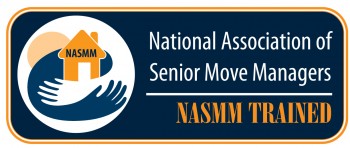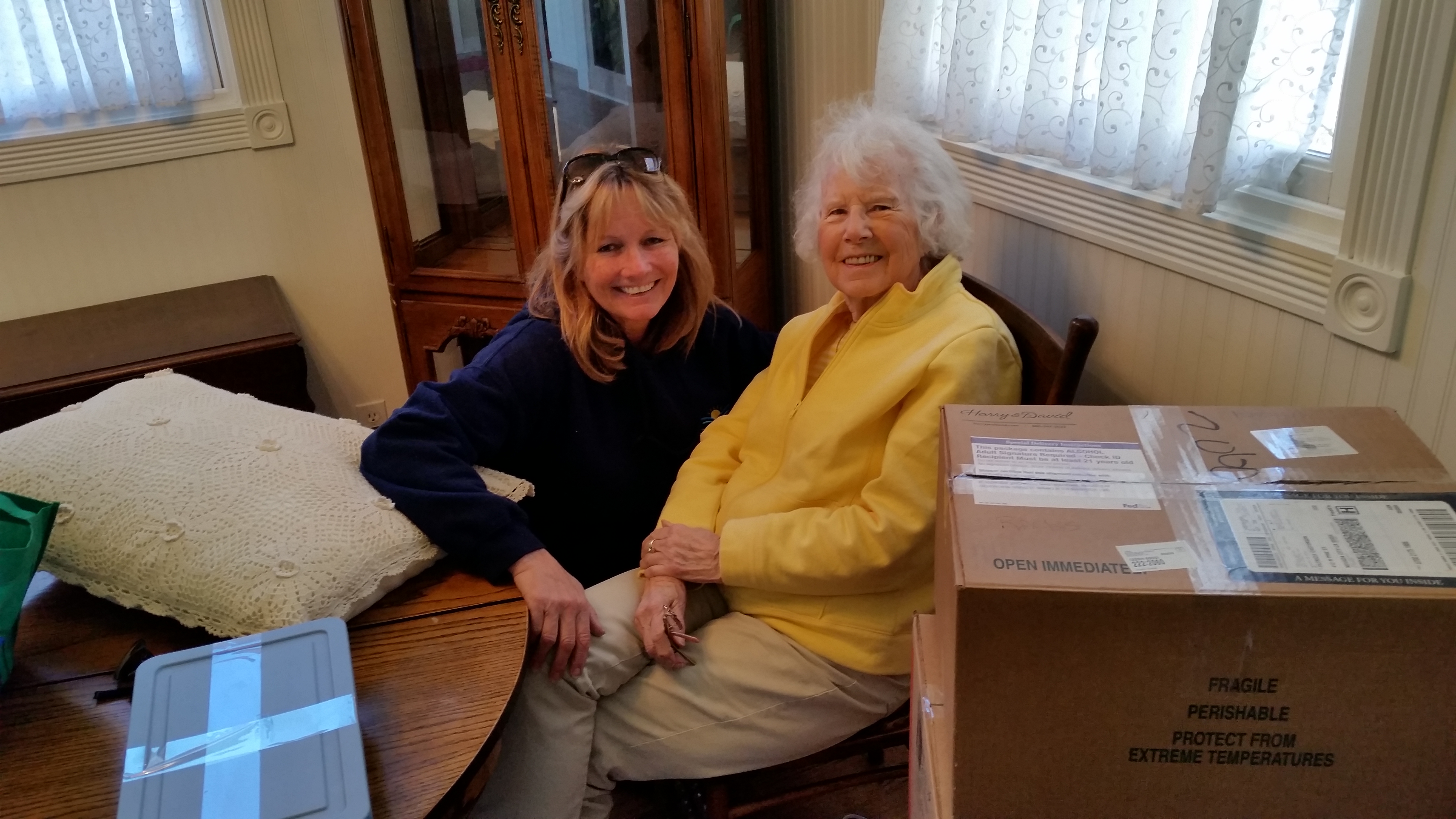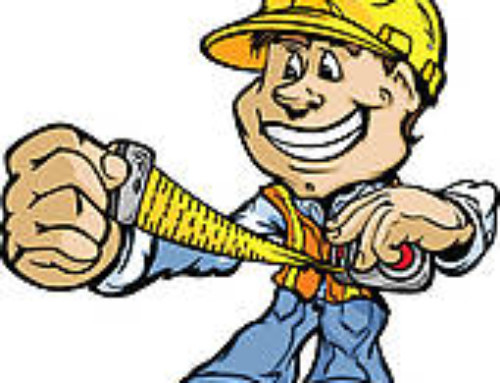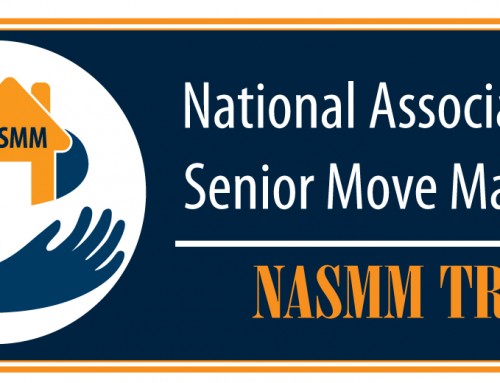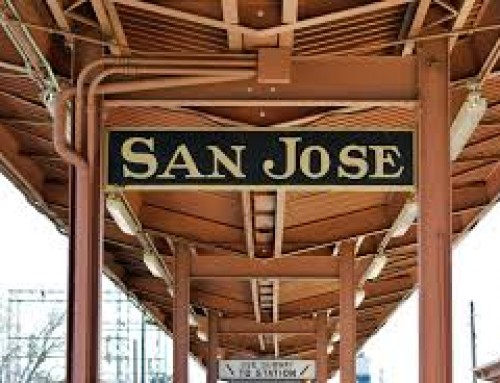A Senior Move Manager is a professional who specializes in assisting older adults and their families with the emotional and physical aspects of relocation and/or “aging in place.” They all have a profound commitment to connecting with older adults and a desire to perform meaningful work. Most Senior Move Managers provide a free initial consultation in your home to discuss your needs so that an overall move plan can provide a smooth transition. Although specific services vary, most Senior Move Managers can help with organizing, sorting and downsizing, making a customized floorplan for your new home or apartment to make sure what you want to take will fit, arranging for the disposal of unwanted items, packing for the desired destination , refer, schedule and oversee movers, unpack and set up the new home, transfer utilities, arrange for shipments to far away family members, arrange for third party services such as cleaners, waste removal, landscaping and other resources. Senior Move Managers have extensive, practical knowledge about the costs, quality, and availability of various local community resources. Others have added a real estate license to their list of credentials so they can help seniors prepare and liquidate their largest asset, their home, so one call really does it all! Additionally, senior move managers frequently assist individuals who choose to stay in their own homes, but simply require expert organizational skills and solid knowledge of “aging in place” concepts to help them achieve their goal of improving their quality of life.
Over the past two decades, increasing attention has been paid to relocation stress syndrome (RSS). It is characterized by a combination of physiologic and psychologic disturbances that occur as a result of transferring a person from one environment to another. Symptoms of relocation stress syndrome include exhaustion, sleep disturbances, anxiety, depression and disorientation. In seniors, these symptoms are exaggerated by dementia, mild cognitive impairment, poor physical health, frailty, lack of a support system, and sensory impairment. For these seniors in particular, the resulting confusion, depression and agitation have led to increased falls, undesirable weight loss and poor self-care .
Certain actions are successful in minimizing RSS. These actions are all hallmarks of the Senior Move Management Industry. They include:
- Involving the senior in the decision and planning process from possessions kept to the floorplan process.
- Providing the senior with an opportunity to ask questions and discuss his or her concerns.
- Honoring the individual’s preferences and allowing him or her to maintain control.
- Paying close attention to details while maintaining the senior’s daily routine as much as possible.
- Safeguarding the senior’s personal possessions.
- Involve the senior in setting up their new room or apartment.
- Making the new home resemble (as much as possible) the old home.
- Helping the resident become acclimated to their new home with follow-up visits.
It is not surprising that seniors do better after a move when they are involved in the decision, have an opportunity to voice their concerns and be heard, and are able to maintain a sense of control. Anyone, regardless of age, does better under these circumstances. In short it is crucial that family members focus not on the details of the move but rather on the person who is moving. Leave all the details to your local Senior Move Manager. To find one in your area visit the National Association of Senior Move Managers website: http://www.NASMM.org
